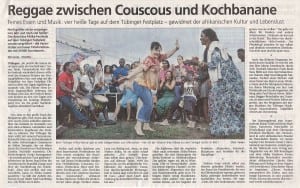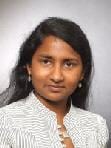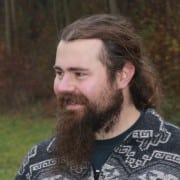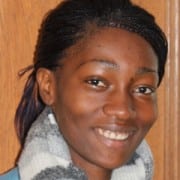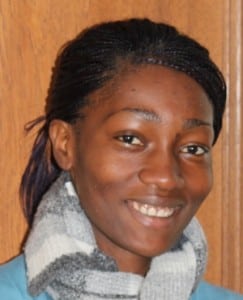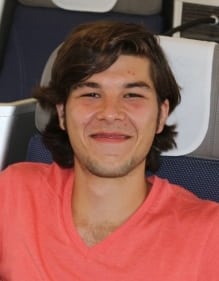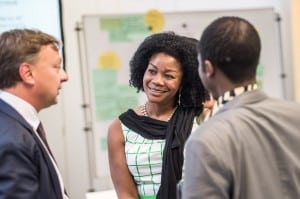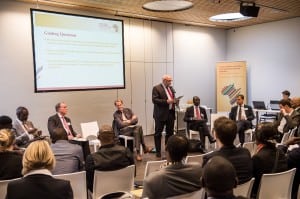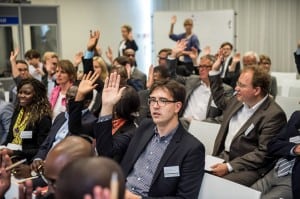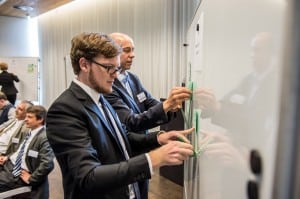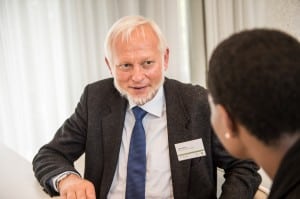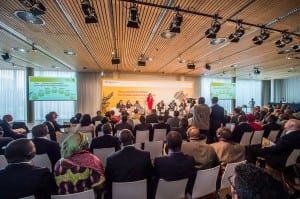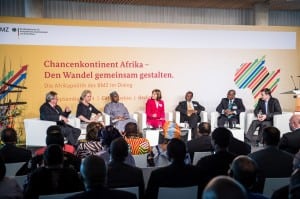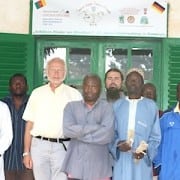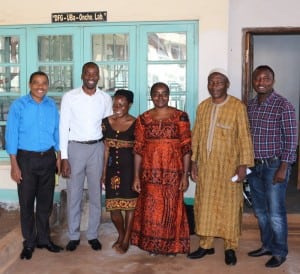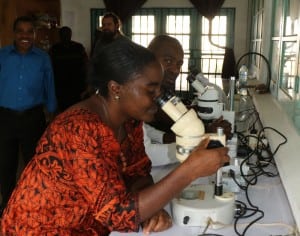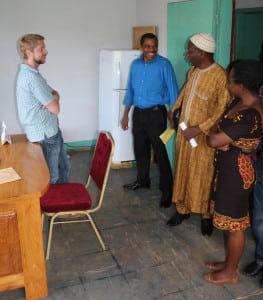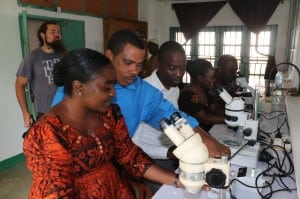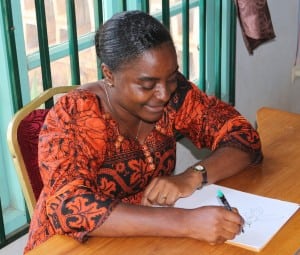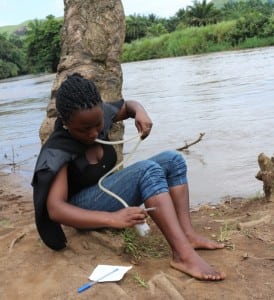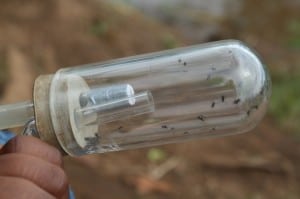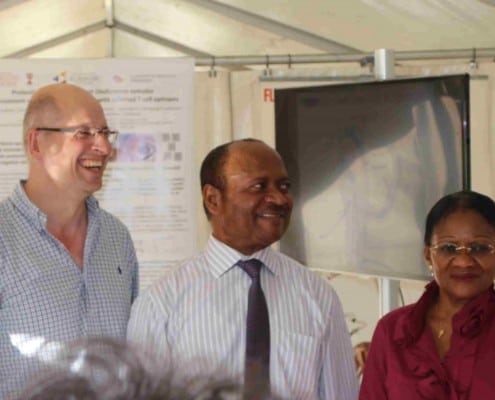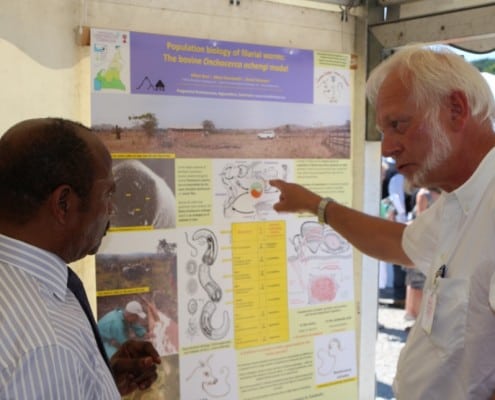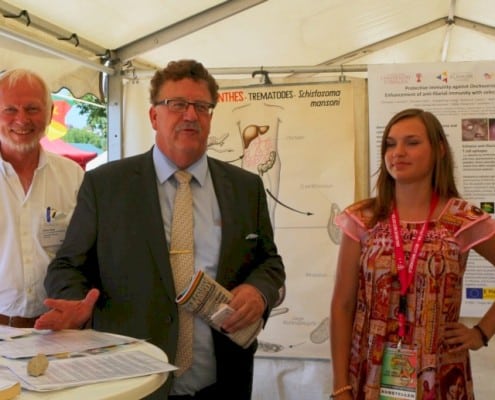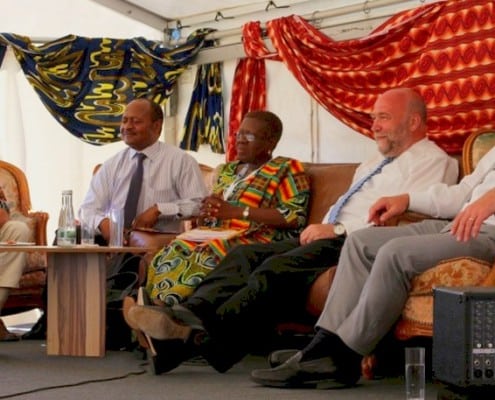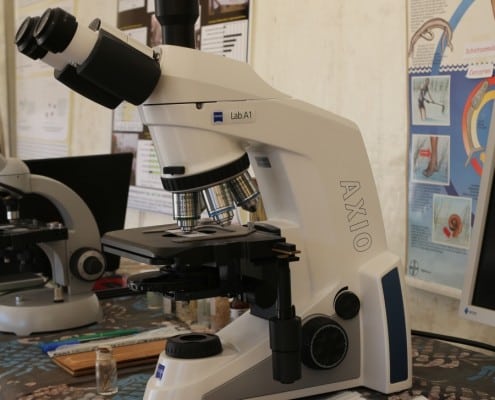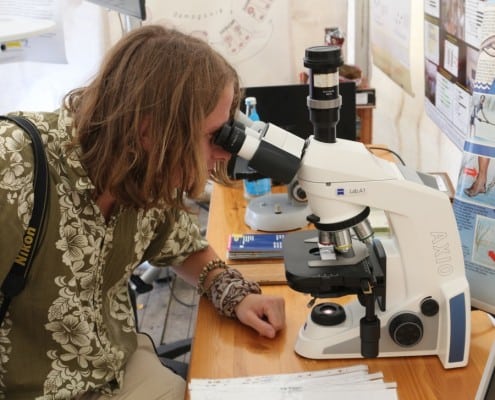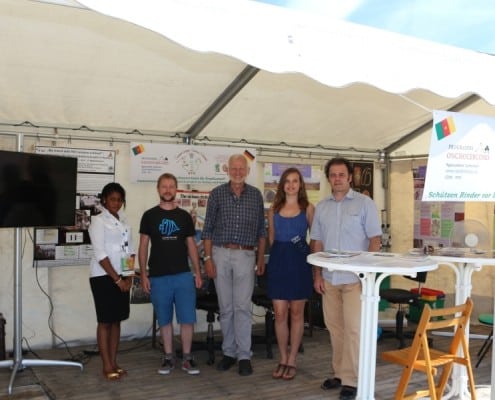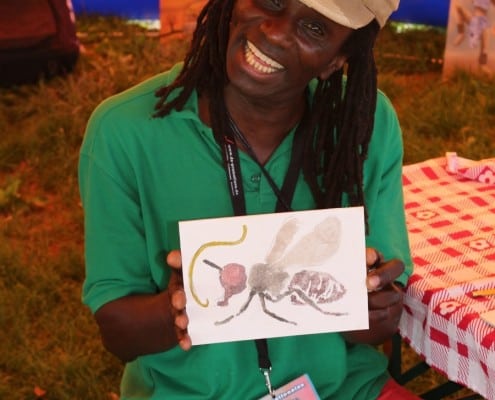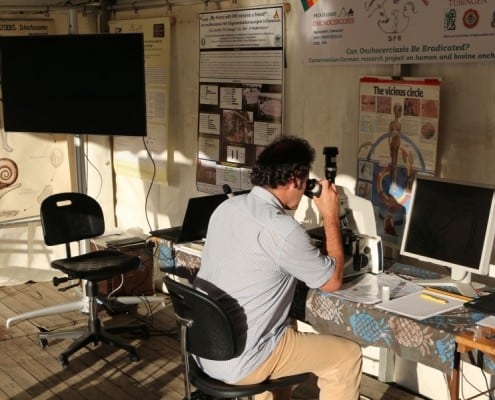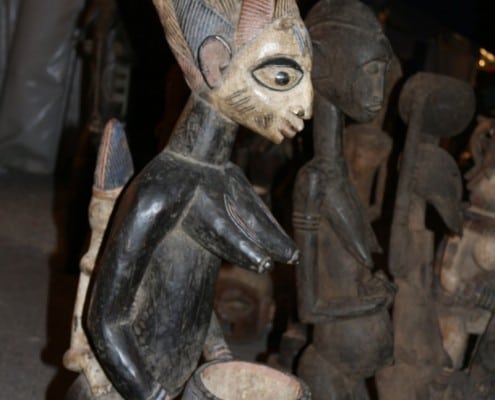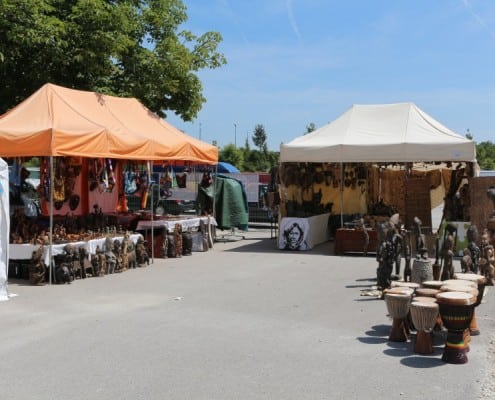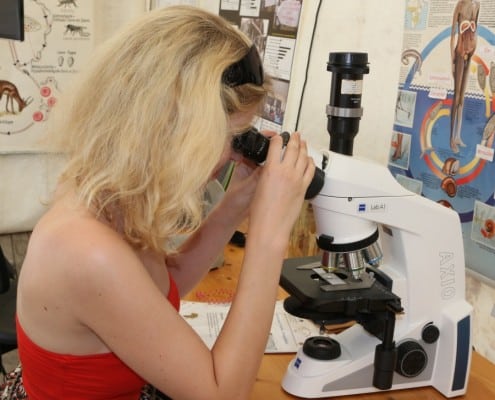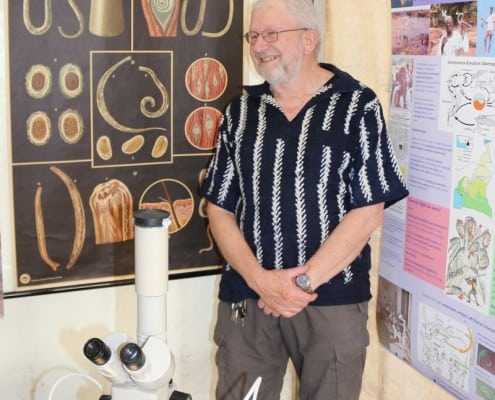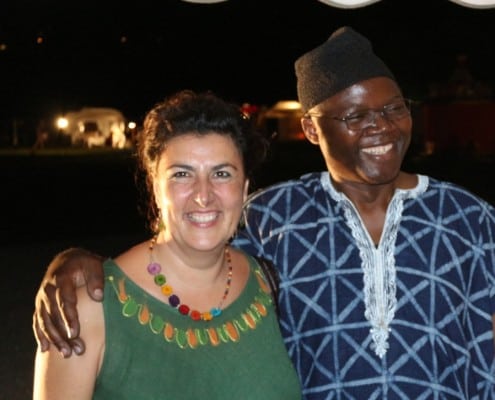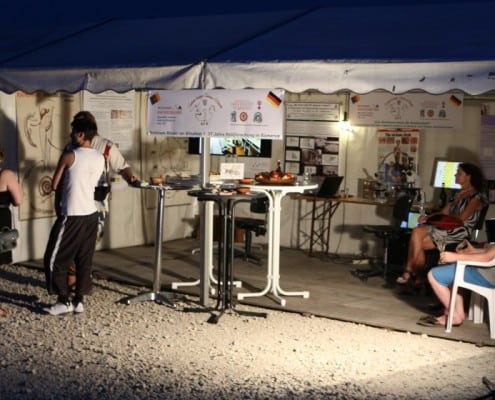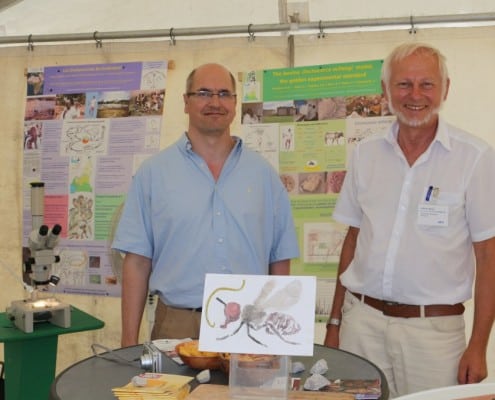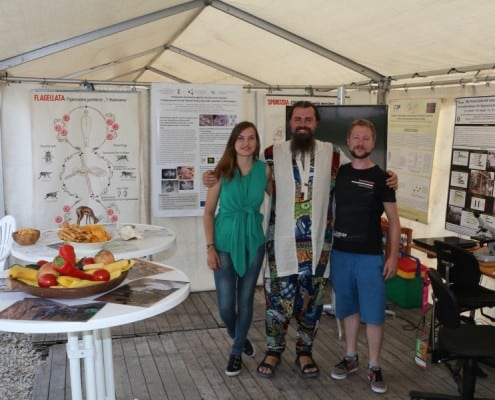Programme Onchoceroses made a debut presentation at the Afrika-Festival 2014, which took place in Tübingen from July 17th to 20. Lots of visitors came to our tent, amongst the many, his Excellency, the Ambassador of Cameroon in Berlin, Jean-Marc Mpay, the Parliamentary State Secretary to the Federal Minister for Economic Coooperation and Development Hans-Joachim Fuchtel and the German Chancellor’s G8 Personal Representative for Africa, Mr. Günter Nooke, and the former German Ambassador to the Rupublik of Cameroon, Horst Buchholz.
Under a microcope, kindly provided by the ZEISS-Microimaging compagny, we showed Onchocerca-worms and Simulium-vector flies. The results of 37 years of fieldwork in Cameroon, as well as our on-going research topics were presented by posters (=> see more)
Can cattle protect from blindness? – the answer to this this was a threefold yes, in deed: By zooprophylaxis and crossprotecting premunition. Moreover, the bovine Onchocerca ochengi provides us a marvellous experimental tool for studies of the biology of filarial worms, developing new macrofilaricides and vaccines. By this, bovine onchocercosis opens our eyes to understand the epidemiology of human riverblindness.
The festival was also an occasion to meet old friends and colleagues, like Dr. Dr. Christoph Jacobi, who now runs a project of AIDS-pervention in Buea, Cameroon, and Dr. Wolfgang Hoffmann from the Tübingen Institute for Tropical Medicine, who presented his work on rodent filarial worms.
The DIFÄM (Deutsches Institut für Ärztliche Mission) and the AIDS-Hilfe, both in Tübingen presented their information-flyers for distribution.
See more: http://www.afrikafestival.net
=> Press-releases (Schwäbisches Tagblatt):
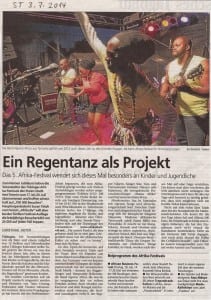 ;
;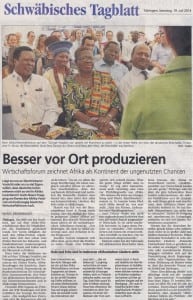 ;
; 